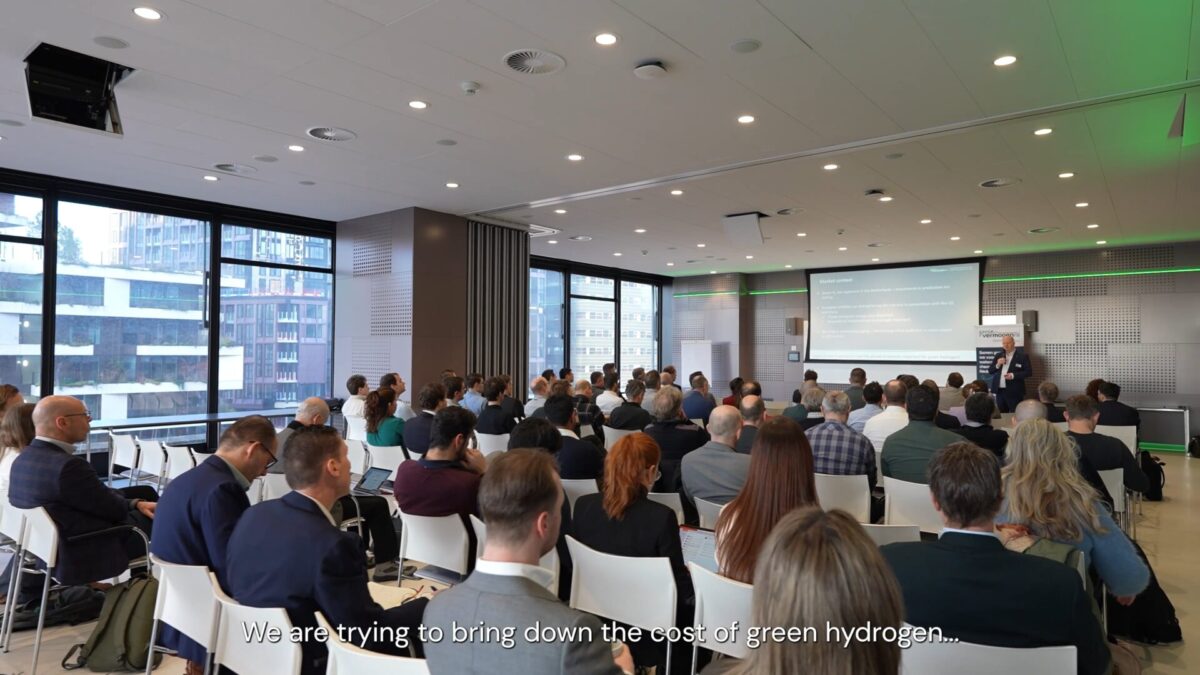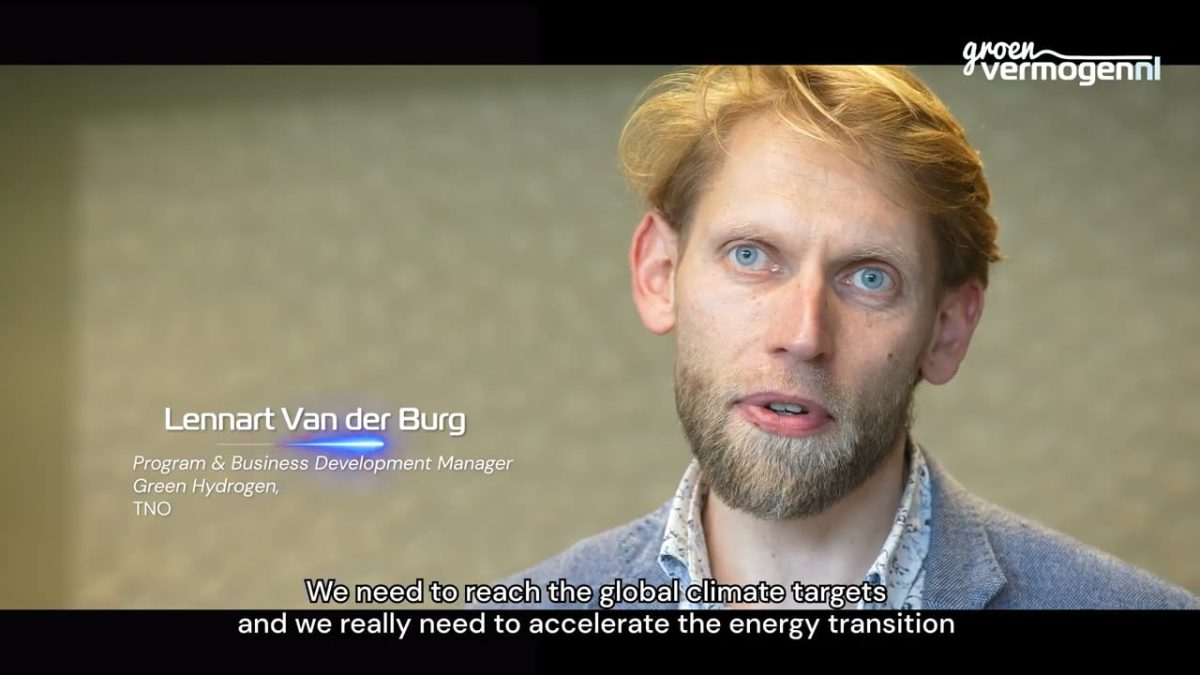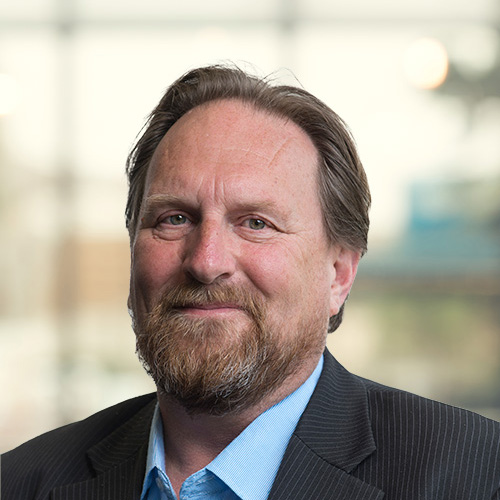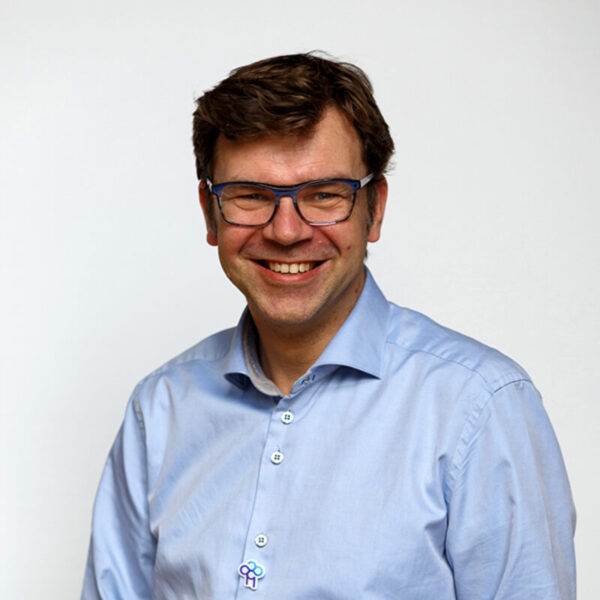HyPRO: research into risks and cost reduction
Theme:
R&D
Duration
2024 - 2029
Project Coordinator
Arend de Groot (TNO))
Subsidy
€ 34,5 miljoen
The European Commission is forging ahead with ambitious energy transition targets through the Green Deal and the Repower Europe strategy. Advancing green hydrogen serves as a key driver in this effort. These objectives will pave the way for a European market for electrolysis plants worth many billions of euros. This is a compelling reason for Europe’s manufacturing sector to back the technology with investment.
The technology is not yet fully mature. This results in implementation risks and costs that exceed initial estimates. Innovative solutions are needed throughout the value chain to mitigate these risks and cut costs. HyPRO’s objective is to mitigate risks (including technical risks) throughout the value chain, leading to more levelled hydrogen costs.
HyPRO: objectives and actions
Bringing down hydrogen costs
HyPRO targets issues that effectively mitigate the risks associated with implementing hydrogen production technology, ultimately driving down hydrogen costs. For example, by:
- Projecting performance degradation under real-world operating conditions.
- Formulating scaling rules to streamline the transition from the lab to industrial settings.
- Minimising supply chain risks by limiting dependence on scarce materials or those that are deemed to be environmentally harmfull
Uniting all aspects of the value chain.
Technical risks play a key role in shaping the overall risk profile, and impact the entire value chain. HyPRO unites the entire value chain, combining advanced materials and components, electrolyser developers, plasma reactors, and complete systems. Those companies that will produce the hydrogen make up the final link in the value chain.
Helping Dutch companies secure a strong foothold in the global market.
The development of products for sustainable hydrogen production relies on the full value chain being in place. This is because it provides the opportunity to establish shared requirements and validate components, thus accelerating the market launch. HyPRO enables Dutch companies to leverage their sustainable technology and establish a position in the global market.
Implementing a range of hydrogen technologies
HyPRO targets different technologies because individual hydrogen markets each have specific requirements. The objectives for each of these technologies revolve around their practical application. HyPRO’s key green and low-carbon hydrogen technologies are:
- Alkaline water electrolysis
- Proton exchange membrane (PEM) water electrolysis
- High-temperature solid oxide and protonic ceramic electrolysers
- Anion exchange membrane & new electrolysis technologies
- Electrically-powered processes for the valorisation of residual gas (plasma, microreactors)
- System integration
This is the HyPRO consortium
Fifty-eight partners make up the HyPRO consortium, seventeen of which are research organisations based in the Netherlands: 10 universities, 2 research institutes, and 5 universities of applied sciences, as well as 7 international end users from the refining, chemical, and energy sectors, and thirty-four high-tech companies spanning the entire value chain. Some of these companies develop equipment for the production of unique coating technologies, while others develop key components like electrolyser stacks and/or Balance of Plant (BoP) systems.

The formation of the consortium for: making carbon-neutral hydrogen
The formation of the consortium will start with two intense three-day workshops.

The HyPRO consortium
HyPRO is a unique consortium. It connects 17 leading research organizations in the Netherlands (10 universities, 2 colleges and 5 universities of applied sciences), 7 leading international end-users from the refinery, chemical and energy sectors and 34 high-tech companies covering the entire value chain. These high-tech companies are engaged in activities ranging from equipment development for the production of unique coating technologies to developers of key components, such as electrolysis stacks and/or Balance of Plant (BoP) systems.
Partners in the consortium
TNO, Utrecht University, Leiden University, TU Delft, Rijksuniversiteit Groningen, Maastricht University, TU Eindhoven, Radboud University, University of Amsterdam, University of Twente, Differ, Wageningen University, Saxion Hogeschool, Avans Hogeschool, Fontys Hogeschool, HAN, Hanzehogeschool Groningen, Total Energies, Shell, LYB, Johnsons Matthey, Braskem, RWE, Vatenfall, Eneco, VS Particle, Ionbond, Hauzer, Powall, SALD, SparkNano, Veco, BASF, Nanao Hybrids, FujiFilm, Teijin, Bosal Group, I-Qatalyst, Vitrite, VDL, NEWES, AVOXT, Circonica, Battolyser Systems, Bosch, Dr Ten, SolydEra, TOPSOE, Hyet, PRODRIVE, Sairem, On2Quest, Adsensys, Fluidwell, Sitech, Total Support, HyStream, FEV energy, ELEXEL.
Factsheet HyPRO projectIf you have any questions regarding this project?
Please contact:

Arend de Groot
Project Coordinator

Guido Mul
Technical Coordinator




